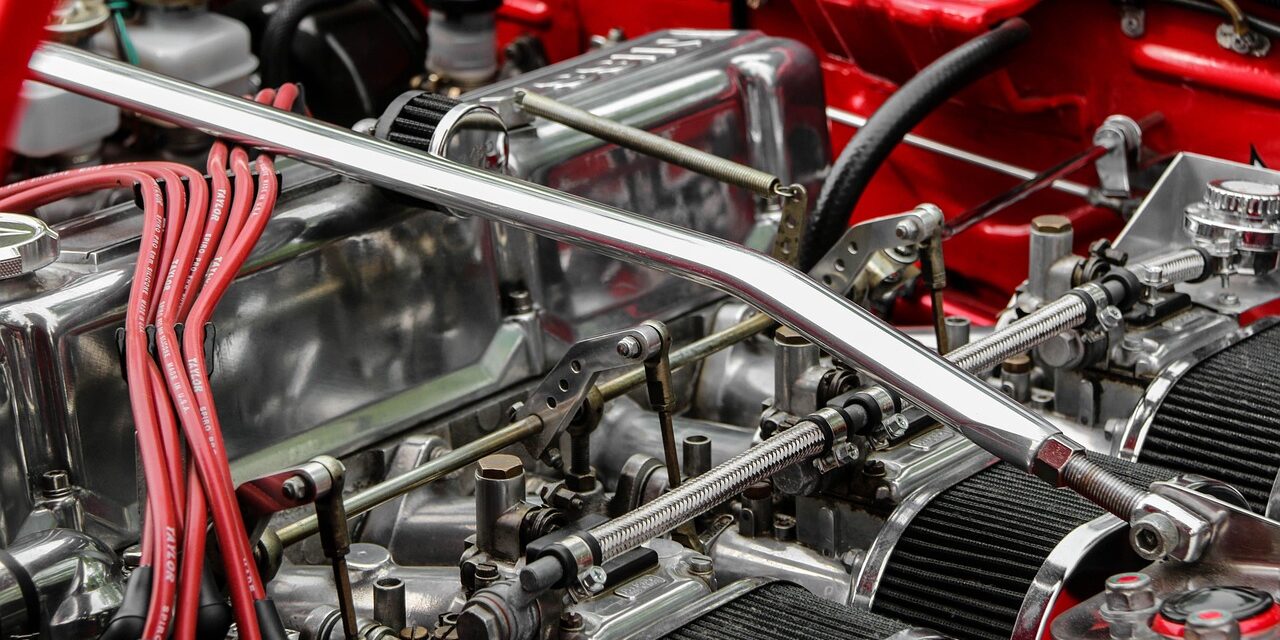The idea of buying a used car appeals to most drivers. You can dodge the steep depreciation of new models, enjoy lower insurance costs, and often get a better spec for your money. But beneath the surface of that “too-good-to-be-true” advert lies a very real danger: over half of used cars in the UK are sold with unresolved issues, many of which the buyer won’t discover until it’s too late.
From written-off vehicles and clocked mileages to unpaid finance and stolen cars, there’s a lot that can go wrong if you don’t check the facts. That’s why performing a vehicle history check isn’t just smart—it’s essential.
This guide will walk you through why history checks matter, what they include, how to do one, and how to combine it with other best practices to make your next car purchase a confident one.
Why Vehicle History Checks Are Critical
Let’s be honest—any car can look great online. A fresh valet, some clever photography, and a vague seller pitch can easily hide serious problems. That’s where a car history check comes in.
This digital report compiles official data from sources like the DVLA, insurance companies, finance providers, and police records to uncover the truth. Many people refer to this process as an HPI Check, which is a well-known brand offering comprehensive reporting.
A check can reveal things even experienced buyers would miss—saving you from costly mistakes, repossessions, legal battles, or safety risks.
What a History Check Can Tell You
Here’s what a detailed report can uncover:
✅ Outstanding Finance
If the previous owner financed the vehicle and hasn’t paid it off, it still legally belongs to the lender. You could lose the car entirely—even if you’ve paid for it.
✅ Insurance Write-Offs
Was the car involved in an accident or deemed unroadworthy by insurers? History checks will show if it’s a Category S (structural damage) or Category N (non-structural damage) vehicle.
✅ Mileage Verification
Clocking is a common scam where the odometer is rolled back to boost value. Your check compares mileage data from MOT records and service entries to detect discrepancies.
✅ Theft Records
If a car has been stolen—even if you didn’t know—you could be forced to return it. A history check cross-references national crime databases to protect you from unknowingly buying stolen property.
✅ Number Plate & Colour Changes
Find out if the car has undergone changes that could hide its identity or mask damage.
✅ VIN & V5C Logbook Match
The Vehicle Identification Number (VIN) should match what’s in the paperwork and on the car. A mismatch could suggest cloning or fraud.
✅ MOT Advisory Patterns
Repeated warnings on brakes, tyres, or emissions? The car may not have been maintained properly—something your history report will flag through MOT data.
️ How to Run a Vehicle History Check (Step-by-Step)
Step 1: Gather the Details
You’ll need:
- The vehicle’s registration number
- The VIN (found on the dashboard, inside the door, or on the V5C logbook)
Step 2: Start with Government Tools (Free)
Before paying, use these official sites:
- DVLA Vehicle Enquiry
- Check MOT History
- Check Road Tax Status
These give you a basic snapshot of the car’s status.
Step 3: Choose a Trusted Paid Service
For a full report, choose a reputable provider:
- HPI Check
- Car Owl
- AA Car Check
- RAC Vehicle History Check
- AutoTrader Vehicle Check
Expect to pay between £10 and £20 for a detailed report.
Step 4: Purchase and Review
Enter the reg number or VIN, pay securely, and receive your report within minutes. Read it thoroughly—look for anything that doesn’t match the seller’s description or expectations.
Step 5: Act on What You Find
If the report shows serious red flags—walk away. If it raises minor issues (like plate changes or a high number of owners), use that info to negotiate a better price.
Expert Buying Tips to Go Beyond the Check
Even the best report won’t reveal everything. Combine it with these practical steps for a well-rounded decision:
Inspect the Car in Person
Check paintwork, tyre wear, rust, underbody condition, and electrics. Don’t rely on images alone.
Ask for the Service History
A car with no service records might have missed critical maintenance. Ask for invoices, stamps, or digital logs.
Meet the Seller at Their Home
The seller’s address should match the one listed on the V5C logbook. Be wary of sellers who avoid sharing this or want to meet in a car park.
Watch for Curbstoners
These are unlicensed dealers pretending to be private sellers. If the car was registered recently or the seller seems vague—be cautious.
Compare Prices
Use platforms like AutoTrader or Parkers to see if the asking price matches the market average.
Final Word: Peace of Mind Is Worth the Price
Buying a car is a big decision—and with used vehicles, it’s even more important to be thorough. For a small cost, a vehicle history check gives you the knowledge to make a smart, safe purchase.
It only takes a few minutes, but it can prevent years of regret. Use platforms like HPI Check, Car Owl, or AutoTrader Vehicle Check to check before you buy.
Remember: great cars are out there—but the best ones come with a clean history and full transparency.


















